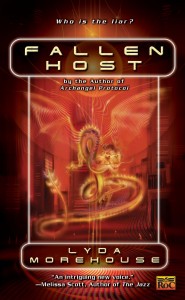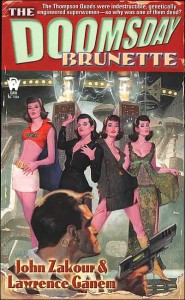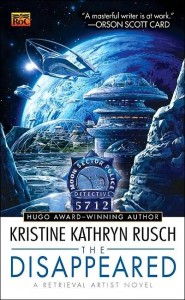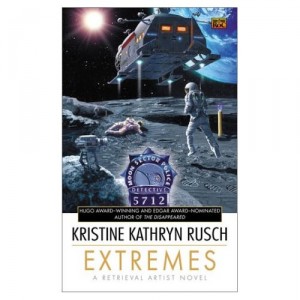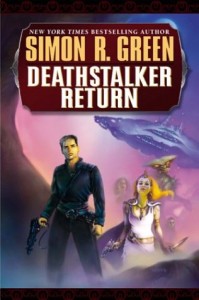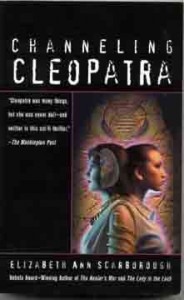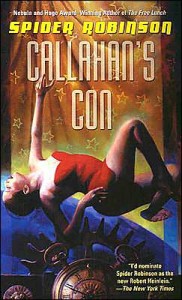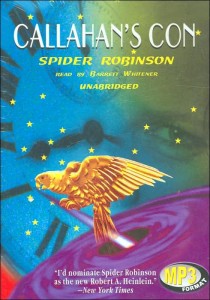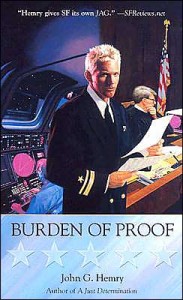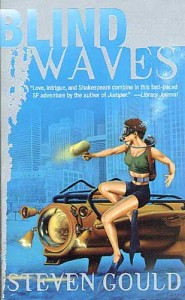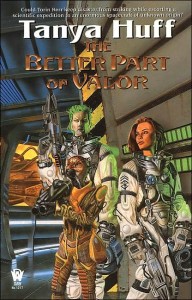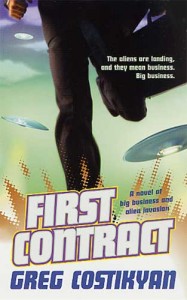 When the aliens finally come, it’s not going to be to kill us, mate with our women, enslave us, destroy us, or enlighten us. No, it’s going to be to open up new trade routes, and do to the Earth what McDonalds, WalMart, and Starbucks have done to every town in America. Who ever would have thought that the aliens would be such merciless capitalists?
When the aliens finally come, it’s not going to be to kill us, mate with our women, enslave us, destroy us, or enlighten us. No, it’s going to be to open up new trade routes, and do to the Earth what McDonalds, WalMart, and Starbucks have done to every town in America. Who ever would have thought that the aliens would be such merciless capitalists?
First Contract is the riches to rags story of Johnson Mukerjii, CEO of a small but profitable company in Silicon Valley. A fast-talking wheeler-dealer, he’s inches away from bust or boom, if only his company can get their new product working. He’s rich, powerful, a personal friend of the President, married to a gorgeous woman, and on top of the world. Then the aliens arrive. Far from being ambassadors of peace, these are hucksters, traveling salesmen who buy Jupiter in exchange for their equivalent of $24 worth of geegaws and technology. That’s just the beginning. As the tech market crashes, and alien technology becomes more and more prevalent, Mukerjii’s personal life heads down the drain. His wife drains the bank account, sells the house, and leaves. Banks refuse to return his phone calls. Ultimately, he’s out on the street with a bottle of Sterno to keep him company. From there, the only way he can go is back up. And that’s just what he’ll do, no matter who he has to bribe, con, or cajole, or what laws he has to bend.
Even if he can figure out a way to beat the aliens at their own game, will he beat the IRS, and survive the interstellar version of a trade conference?
First Contract is a fast read, but a biting satire that mixes humor, business, and science fiction to paint a refreshingly different picture of first contact. These aliens land at the White House because our media says it’s traditional. NASA turns a bigger profit by transforming their facilities into a shopping mall than they ever could as a spacefaring agency. Johnson Mukerjii, one of those dot.com entrepreneurs is Earth’s best, last, and only hope. The book is genuinely funny, and all too plausible given the most logical reasons for traveling thousands of lightyears. Why go to say hi, when you can go to make a profit off of the gullible natives?
Not the sort of book that will revolutionize the industry or change the world, First Contract is still enjoyable, intelligent, and just warped enough to make one chuckle a few times, and go away thinking about boning up on a few economics classes. Just in case.

